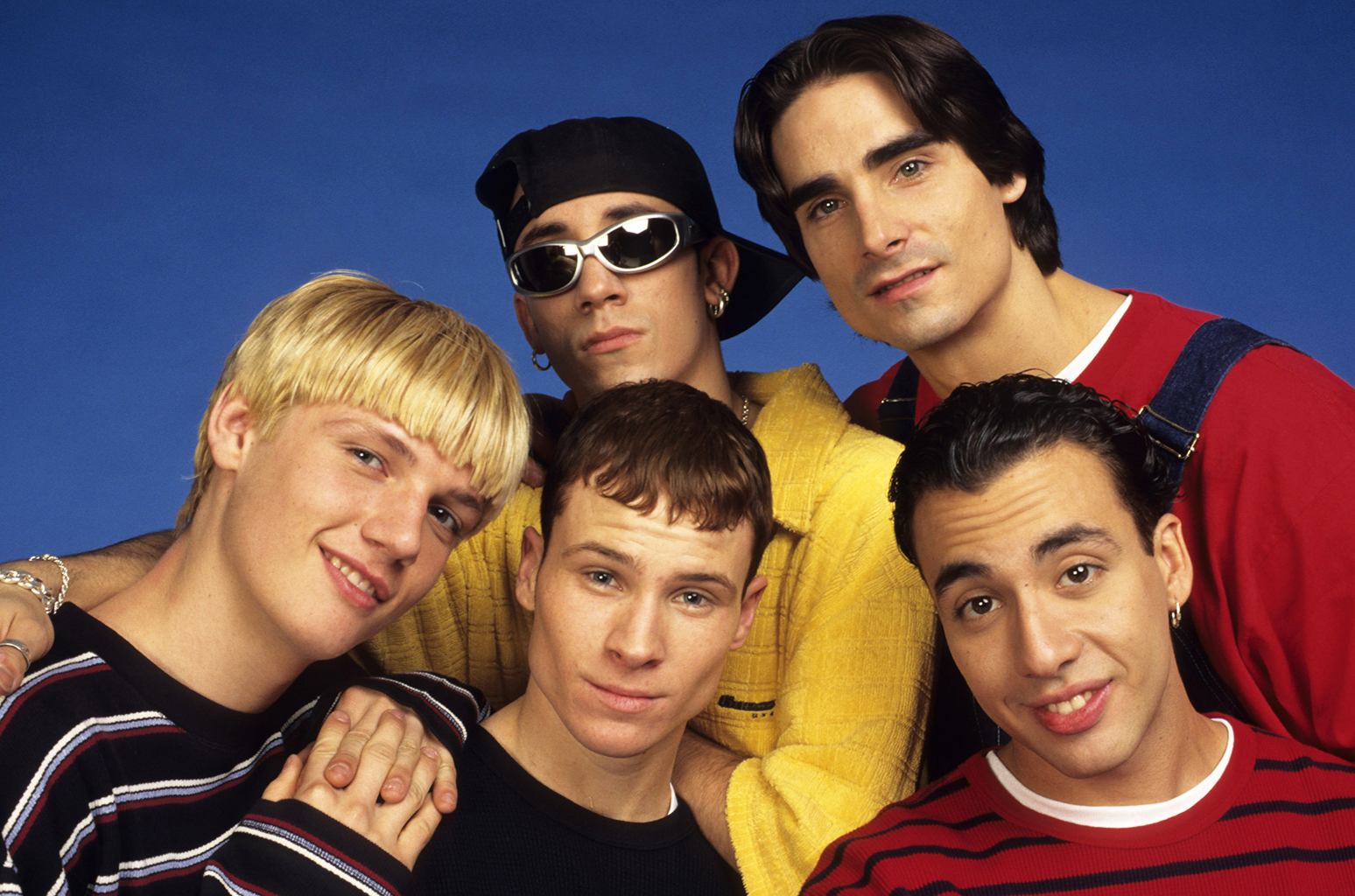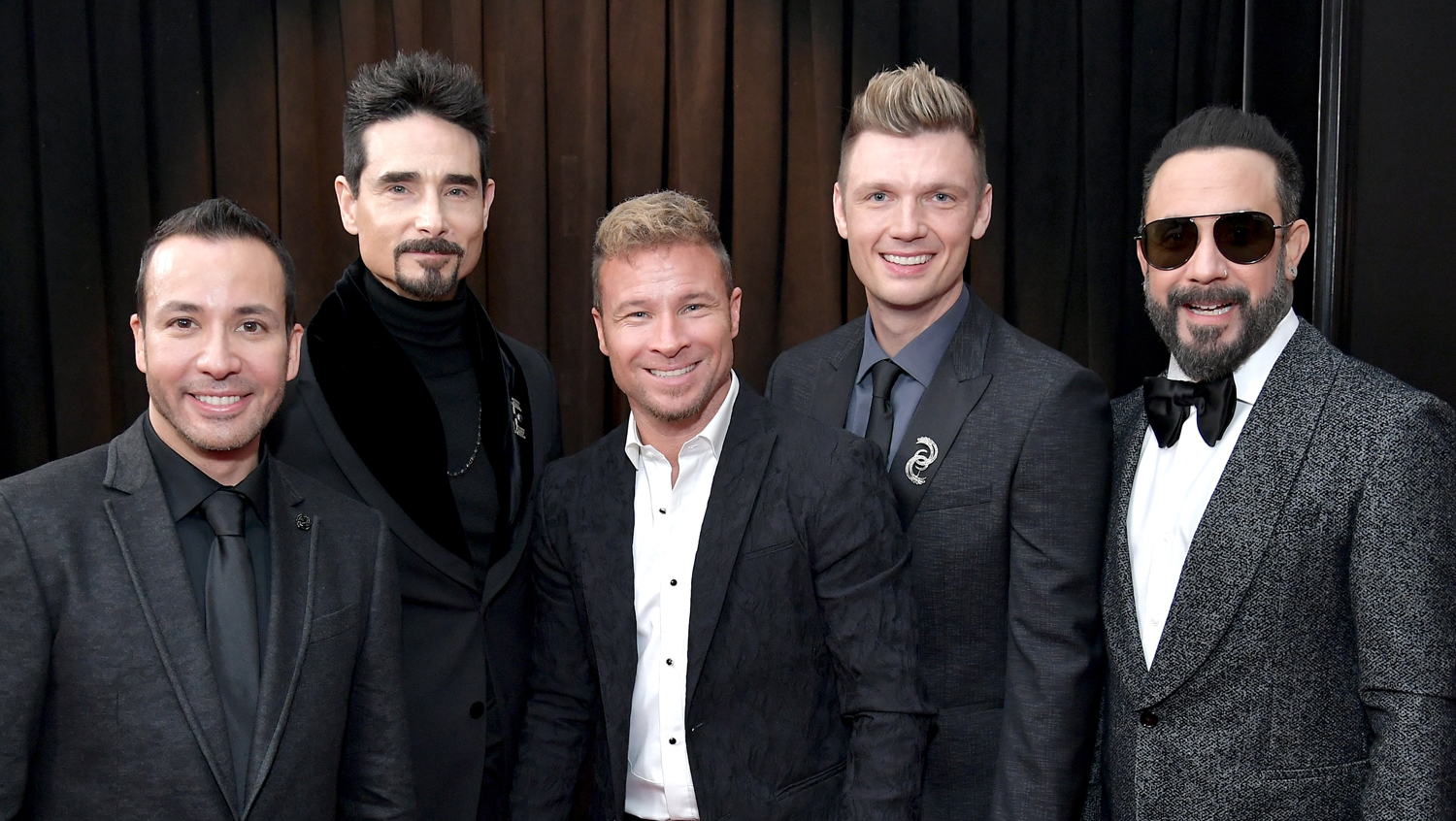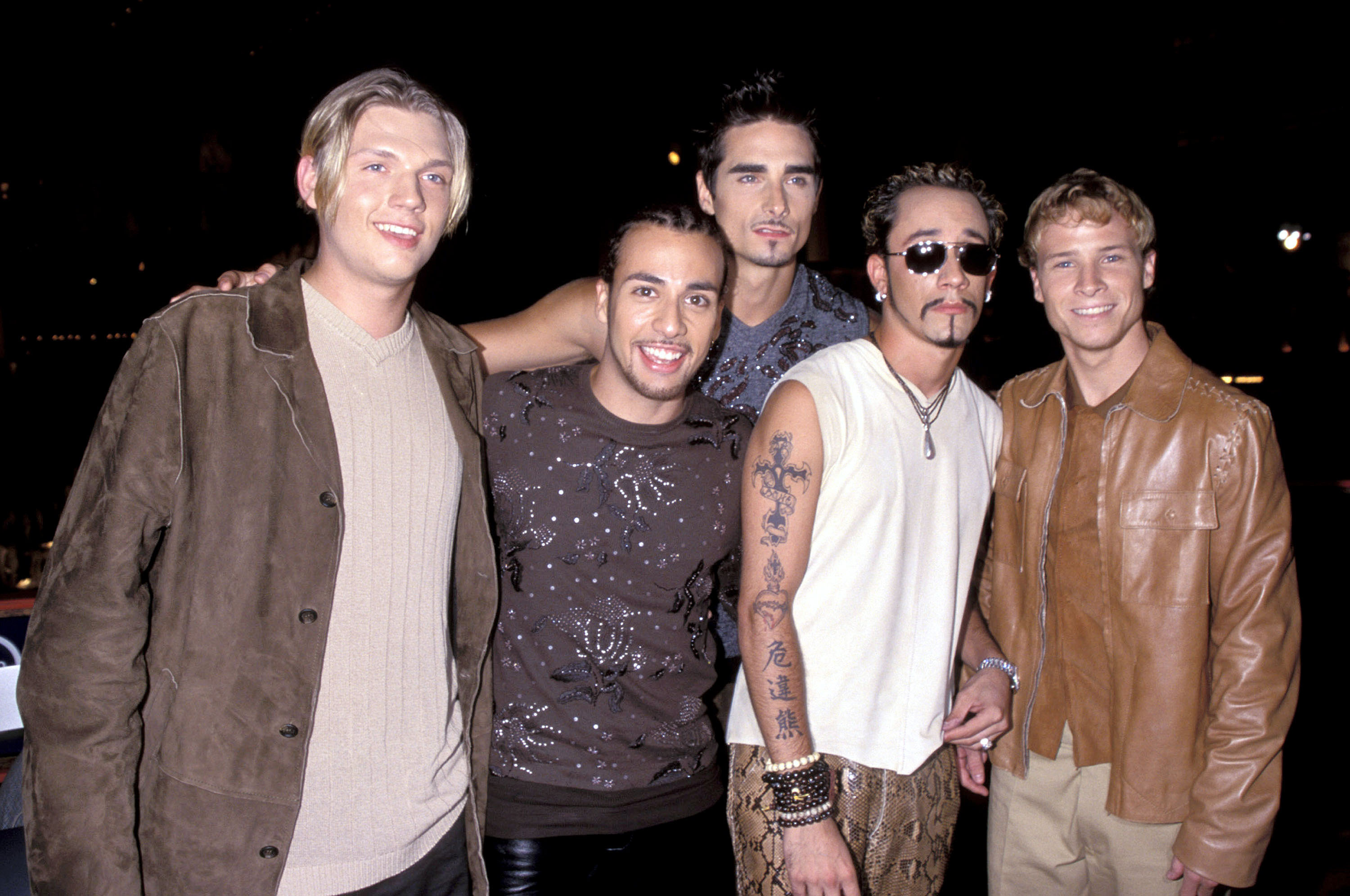The Backstreet Boys, one of the most iconic boy bands in history, captured the hearts of millions in the 1990s. In 1993, the group was just starting to make waves in the music industry, and their ages played a significant role in shaping their image and sound. Understanding the ages of each member during this pivotal year provides insight into their journey and evolution as artists.
In this article, we will explore the ages of the Backstreet Boys in 1993, provide a brief overview of their early careers, and highlight key moments that defined their rise to fame. By delving into their backgrounds, we aim to paint a comprehensive picture of the group that remains beloved to this day.
Whether you're a long-time fan or new to the Backstreet Boys phenomenon, this exploration will offer valuable insights into their beginnings. Join us as we journey back to 1993, a year that marked the start of an incredible legacy in pop music.
Table of Contents
Biography of Backstreet Boys
The Backstreet Boys formed in 1993 in Orlando, Florida, and consisted of five talented members:
| Name | Date of Birth | Age in 1993 |
|---|---|---|
| AJ McLean | January 9, 1978 | 15 |
| Howie Dorough | August 22, 1973 | 20 |
| Nick Carter | January 28, 1980 | 13 |
| Kevin Richardson | October 3, 1971 | 22 |
| Brian Littrell | February 20, 1975 | 18 |
Backstreet Boys Ages in 1993
In 1993, the members of the Backstreet Boys were at various stages of their young lives. Here’s a breakdown of their ages:
- AJ McLean - 15 years old
- Howie Dorough - 20 years old
- Nick Carter - 13 years old
- Kevin Richardson - 22 years old
- Brian Littrell - 18 years old
This age diversity contributed to their dynamic as a group, with older members bringing experience and younger members adding a fresh perspective. Their varying ages also appealed to a wide range of fans, allowing them to connect with audiences of different age groups.
The Early Years of Backstreet Boys
Before they became household names, the Backstreet Boys spent their formative years honing their craft. They started performing in local venues and quickly gained a following in the Orlando area. The group was initially managed by Lou Pearlman, who recognized their potential and helped them secure a record deal.
Formation and Development
The Backstreet Boys were formed after a casting call for a new vocal group. The original lineup included AJ, Howie, Nick, Kevin, and Brian, who were all brought together by their love for music and performance. Their chemistry was undeniable, and they began working on their harmonies and choreography from the start.
Building Their Brand
The group’s early marketing efforts were crucial in establishing their identity. They adopted a clean-cut image that appealed to families, which helped them gain traction in the industry.
Release of Their First Album
In 1996, the Backstreet Boys released their self-titled debut album in the United States, but in 1993, they were already working hard to create and record music that would eventually lead to this milestone. The album showcased their vocal talents and the catchy pop sound that would define their career.
The early singles from the album, including "We've Got It Goin' On," began to garner attention, setting the stage for their future success.
The Rise to Fame
The Backstreet Boys’ breakthrough came in the late 1990s, but the groundwork laid in 1993 was essential for their eventual rise. Their relentless touring and dedication to their craft paid off as they began to gain international recognition.
By the time their second album, "Backstreet's Back," was released in 1997, they were already one of the biggest pop acts in the world.
Impact on Pop Culture
The Backstreet Boys had a lasting impact on pop culture, influencing countless artists and paving the way for future boy bands. Their blend of harmonies, dance routines, and heartfelt lyrics resonated with fans globally.
In 1993, they were just beginning to make their mark, but their influence would only grow in the years to come.
The Growing Fanbase
Their fanbase began to grow as they performed in various venues and appeared on television shows. The diverse ages of the group members allowed them to connect with a wide audience, appealing to both younger fans and older listeners alike.
As their popularity soared, so did the loyalty of their fans, who became known as the "Backstreet Army." This community played a crucial role in supporting the group throughout their career.
Conclusion
In summary, the ages of the Backstreet Boys in 1993 reflect a unique blend of youth and maturity that contributed to their early success. From their formation to their first album, each member played a vital role in shaping the group’s identity.
Their journey from local performers to global superstars serves as an inspiring story for aspiring artists everywhere. If you’re a fan of the Backstreet Boys, share your favorite memories or songs in the comments below!
Thank you for taking the time to explore the early years of the Backstreet Boys with us. We hope you enjoyed this retrospective look at their ages and beginnings. Don’t forget to check out our other articles for more insights into your favorite artists!



ncG1vNJzZmikmauyp77Enp%2Boq6CewaK4yK2wZ5ufonynu9GeqqKfmKl8o63CpKqtqpWawW6uzrKqZpmXmsButc1maHJxY2O1tbnL